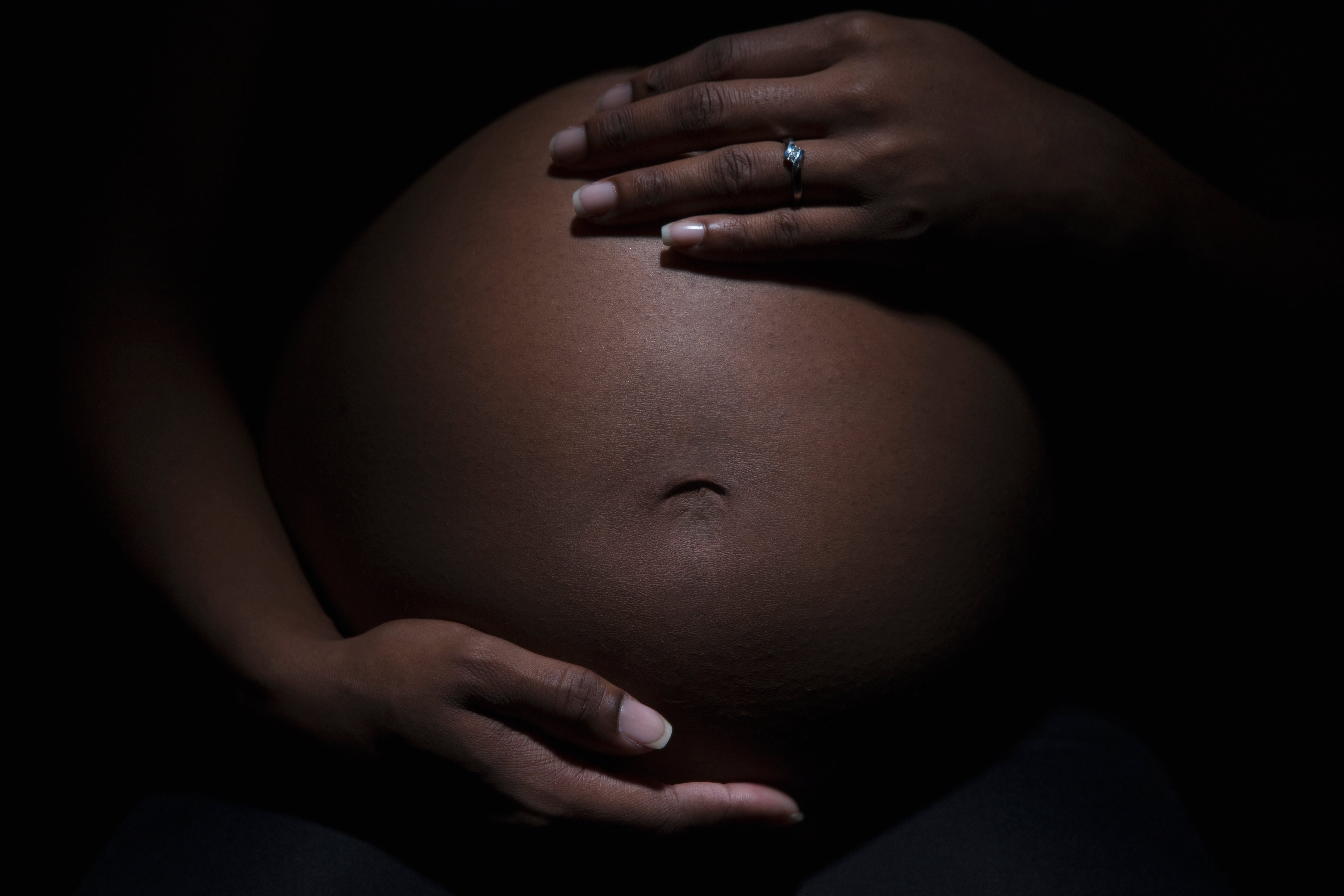
The numbers of Black women dying from complications during pregnancy and childbirth are alarming.
According to the Centers for Disease Control, Black women are three to four times more likely to die trying to bring life into this world than their white counterparts. But in New York City, that number is even higher.
“In New York City [Black women] are twelve times more likely” to die as a result of pregnancy and childbirth, according to St. Barnabas Hospital nurse and midwife Yael Offer. Offer is a Brooklyn-based reproductive and birth justice activist who highlights the racial disparities in health care and helps to empower women of color.
Though access to quality healthcare is a challenge for many Black women, Offer argued the disproportionately high maternal mortality rate is due, in part, to racism. “We see that the causes of this huge disparity is due to institutionalized racism and discrimination that affect all women of color but especially Black women,” she told New York’s News 12.
Last year, NPR and ProPublica collected 200 stories from Black women who felt disrespected and devalued by healthcare officials, who regularly brushed aside their concerns or treated them with hostility when they sought help. Tennis champ Serena Williams also had a similar experience after she gave birth to her daughter last fall. Williams said that many Black women are dying due to pregnancy complications because some doctors are not listing to Black women’s concerns about their bodies.
In New York, Black women who live in the economically challenged areas of Brownsville, East New York, and the South Bronx have the highest maternal death rates in the city. But this issue affects Black women of all economic levels.
“The conditions of white women improve up the socioeconomic ladder. Black women don’t have that improvement,” Offer explained.
While the challenges facing Black women are great, the best thing pregnant women can do is advocate for themselves.
“If it seems like it’s not right or it’s off or it’s concerning to a patient where they’re being seen in the emergency department of the labor and delivery ward, they should speak up for themselves,” said Doctor Sarah Jamison.





